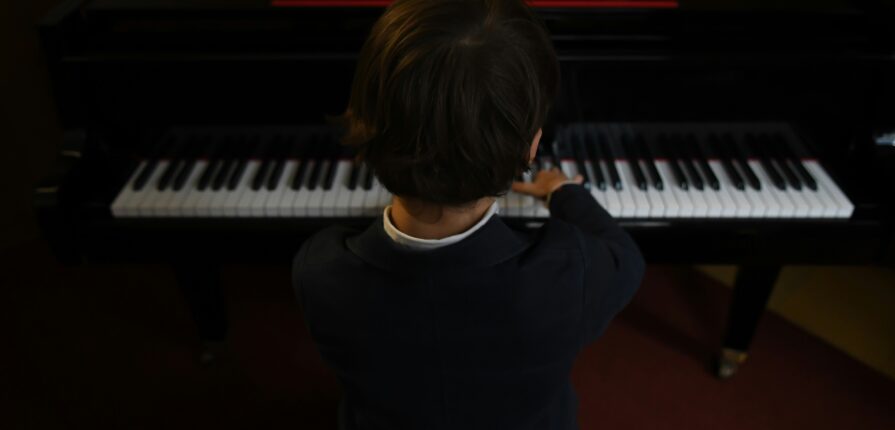Music is more than just sound — it’s a language that speaks directly to the heart and mind. For children with special needs, this language can be life-changing.
Whether a child is on the autism spectrum, has a physical disability, struggles with speech, or experiences emotional challenges, music offers a unique and joyful pathway to connection, communication, and confidence. At 123 Rock School, we’ve seen firsthand how music can open doors that traditional therapies sometimes can’t.
-Friday, July 25
Music Stimulates the Brain in Unique Ways
When children engage with music — whether listening, singing, or playing an instrument — they activate multiple areas of the brain at once. This is especially beneficial for children with neurological differences.
Studies have shown that music:
Enhances cognitive processing and memory
Helps develop new neural connections
Strengthens auditory and motor coordination
Encourages language development through rhythm and repetition
For children with autism, music often provides a structure and predictability that feels safe. It also allows for expression without relying solely on words.
Music Builds Communication Skills
Many children with special needs face communication challenges — from delayed speech to limited verbal expression. Music offers alternative ways to communicate.
Singing helps with:
-Breath control and articulation
-Vocabulary expansion through repetition
-Turn-taking and listening through call-and-response songs
-Even nonverbal children can participate by:
-Playing percussion instruments
-Reacting to music through movement
-Using music as a way to show preferences or emotions
-Music gives children a voice, even when they can’t speak.
-Movement + Music Improves Motor Skills
-For children with physical disabilities or developmental delays, rhythm and movement are powerful tools for building motor coordination.
Clapping, dancing, drumming, or playing piano all support:
-Fine and gross motor development
-Timing and sequencing skills
-Bilateral coordination (using both sides of the body)
-Plus, music-based movement is fun — which means kids are motivated to participate and practice longer.
Emotional Wellness Through Music
Music is also a powerful tool for emotional regulation. For children who experience anxiety, frustration, or sensory overload, music can provide calm, comfort, and a sense of control.
Benefits include:
-Reduced stress and anxiety
-Improved mood and self-esteem
-A safe outlet for big feelings
-Joyful moments of success and achievement
-A song can soothe, energize, or inspire — all depending on what a child needs in that moment.
Why Music Education Matters for All Learners
At 123 Rock, we believe that every child deserves access to music. Our inclusive approach means:
-Personalized lessons adapted to each student’s needs
-Multi-sensory teaching methods (visual, auditory, tactile)
-Encouragement of self-expression and creative freedom
Whether a child wants to play the drums, learn the ukulele, or simply feel the beat — we’re here to support their journey with patience, joy, and respect.
Music may not “fix” a disability — but it doesn’t need to. What it does is much more beautiful: it helps children connect, grow, and shine in their own unique way.
If you’re a parent, caregiver, or educator looking for a meaningful way to support a child with special needs, consider music as more than a hobby — consider it a form of healing.


